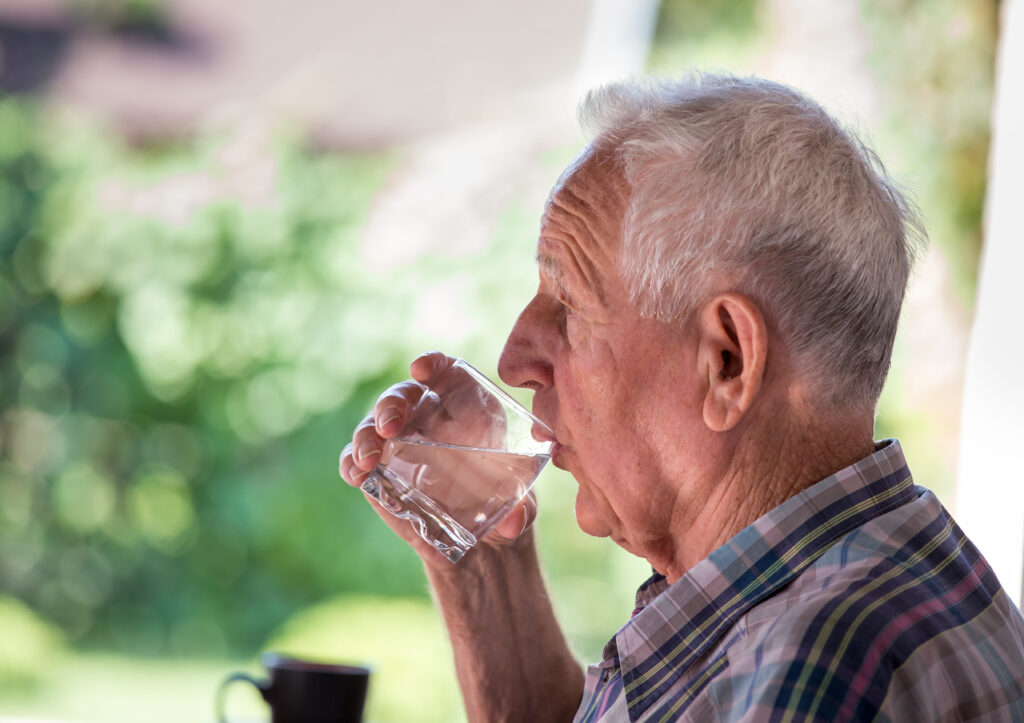Beat the heat
Whilst dehydration, heat exhaustion and heatstroke are dangerous no matter what your age, seniors are at a greater risk than other age groups.
People aged 65 and over are more likely to develop health problems related to heat exposure. This could be because, as we get older our natural defences begin to weaken, and elderly people are more likely to have a chronic medical condition such as diabetes, as well as taking medication that affects the body’s ability to control its temperature.
Below is some advice from AgeUK for avoiding dehydration, heat exhaustion and heat stroke to advice on how to look after yourself in the heat, and in turn look after clients and loved ones.

5 tips to beat the heat
1: Be aware of hydration
Drink plenty of fluids, preferably water. Try placing cups or bottles of water in strategic spots to prompt drinking and continue to monitor evidence of liquid consumed.
2: Find a cool spot
Closing curtains or blinds, staying out of the sun and keeping a fan on can help keep cool. If there is an area in the house that is cooler than the usual ‘go to’ spot, suggest trying the cooler area and offer to move everything they need to the most cool place.
3: Re-arrange outdoor activities
If a client or loved one usually goes for a walk or does some gardening after lunch, ask them if they’d like to do it earlier in the day, or re-arrange it for another day.
4: Offer cold meals
Offering light, cold meals like chicken or pasta salad, instead of hot dishes, for example a pot roast, can help to keep cool. Offer to leave ‘picky bits’ to hand, such as sandwiches or fruit.
5: Dress for the heat
Wearing layers of lightweight clothing in light coloured, breathable fabrics like cotton can make it easier to adjust body temperature during the day by removing or adding layers.
Dehydration and overheating
It’s easy to become dehydrated or overheated when it’s hot outside.
How to avoid dehydration:
- Make sure you’re drinking plenty of fluids. Aim to drink 6 – 8 glasses of liquid a day, and more if it’s hot. (Always prompt clients and loved ones to drink fluids and leave fluids readily available to them.)
- Eat a balanced diet to help your body replace any salt you lose by sweating.
Symptoms of overheating:
Extreme heat and dry conditions can cause you to dehydrate and your body to overheat.
Watch out for certain signs – particularly for muscle cramps in your arms, legs or stomach, mild confusion, weakness or sleep problems. If you have any of these, rest in a cool place and drink plenty of fluids. Seek medical advice if your symptoms persist or worsen.
If you have any concerns at all about yourself, client or loved one always seek medical advice and inform the office.
Heat exhaustion
Heat exhaustion is fatigue resulting from prolonged exposure to excessive heat.
Symptoms of heat exhaustion:
The symptoms of heat exhaustion include headaches, dizziness, nausea or vomiting, intense thirst, heavy sweating and a fast pulse.
If you have any of these symptoms you must, if at all possible:
- Find a cool place and loosen tight clothes
- Drink plenty of water or fruit juice
- Sponge yourself with cool water
- Seek medical advice
Your symptoms should improve within 30 minutes. If you have any concerns at all about yourself, client or loved one always seek medical advice and inform the office.
Heatstroke
Heatstroke can develop if heat exhaustion is left untreated – it can also develop suddenly and without warning.
Symptoms of heatstroke:
The symptoms of heatstroke include:
- confusion
- disorientation
- seizures
- loss of consciousness.
Heatstroke is a life-threatening condition. If you or someone else shows symptoms:
- Call 999 immediately
- If you have a community alarm, press the button on your pendant to call for help while waiting for the ambulance, follow the advice given for heat exhaustion but do not try to give fluids to anyone who is unconscious.
If you have any concerns at all, as always please do not hesitate to ring the care management team where they can advise and support you.
For concerns about a client or loved one’s health, always seek medical advice.





